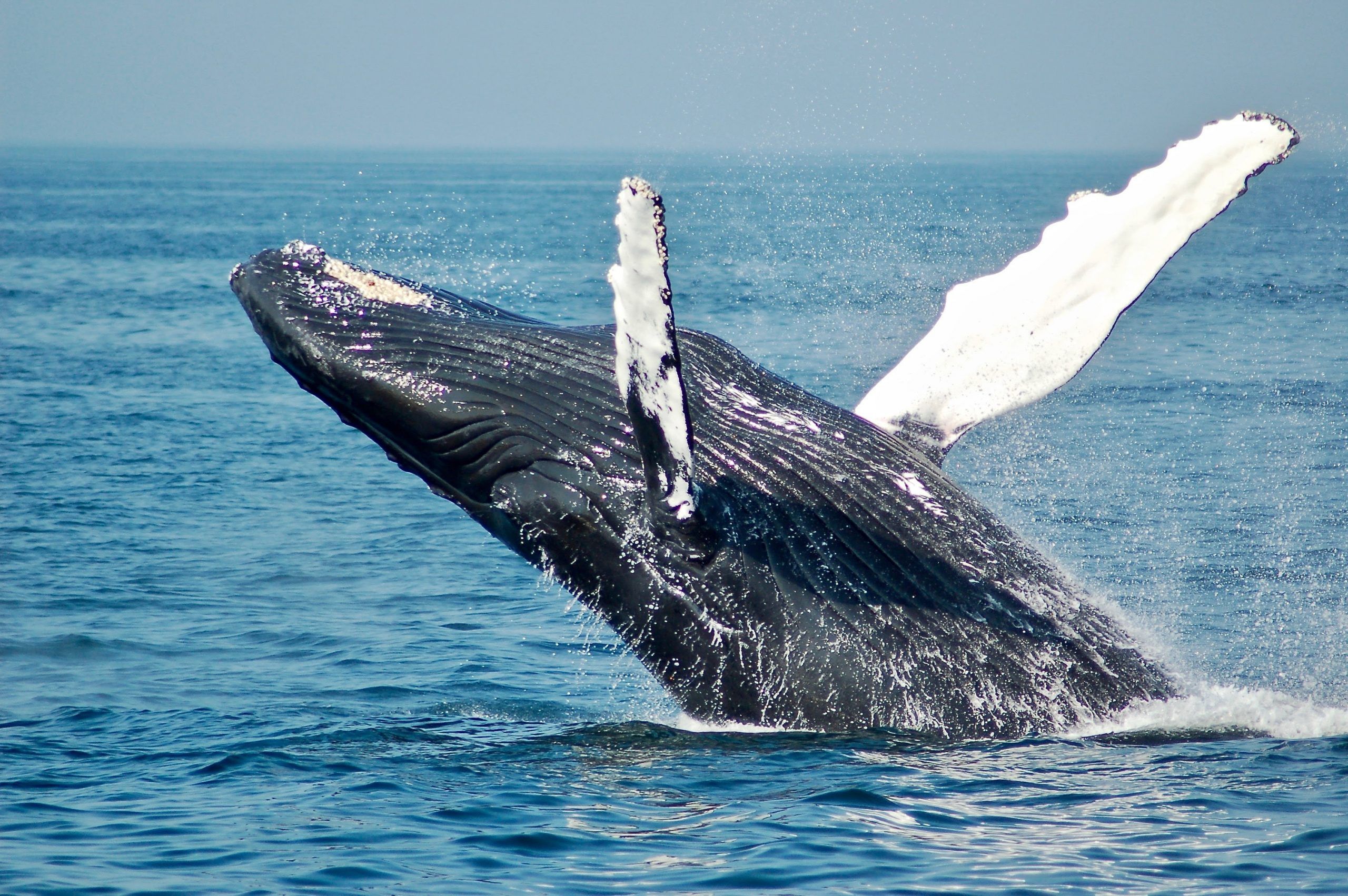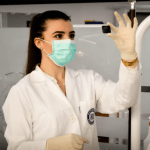
Pacific Whale Foundation
NAVIGATING LANGUAGE OCEANS
Imagine dedicating your life to the noble cause of marine conservation. Your days are filled with protecting magnificent humpback whales, playful dolphins, and preserving the beautiful marine environment they call home. You’re part of an incredible, diverse team at the Pacific Whale Foundation, a non-profit organization known globally for their impactful work. If you want to learn more about them and join the cause, visit their website.
However, there’s a wrinkle. Your international team speaks different languages, and sometimes, vital conservation messages get lost in translation. Sounds challenging, right? This was the reality for the Pacific Whale Foundation before Language Department came aboard.
THE CHALLENGE
The Pacific Whale Foundation, a non-profit organization committed to the conservation of marine wildlife and ecosystems, confronted a significant obstacle: language diversity within its global team. According to Stephanie Stack, Chief Research Biologist at the foundation, this language barrier impeded progress and limited team members’ engagement and contribution to planning and decision-making processes. Their global scope and the essential role of their international team in decision-making processes and conservation messaging made it crucial for the foundation to overcome this challenge.
OUR SOLUTION
Language Department stepped in to address this issue. Our objective was to facilitate real-time communication among the Pacific Whale Foundation team members to ensure everyone could effectively contribute. Lluís Cavallé, the lead interpreter from the Language Department, took the initiative to bridge the communication gap, especially between Spanish and English speakers. Despite several challenges such as internet connectivity issues, the complexity of technical scientific terms, and cultural nuances, we managed to provide a seamless interpretation service. The implementation of real-time interpretation allowed for inclusive communication, promoting well-informed decision making. This not only improved internal processes but also enabled the foundation to disseminate their conservation messages to a broader audience.
The success of this solution prompted a strong recommendation of the Language Department’s services from Stephanie Stack for other international organizations facing similar language difficulties.

“Their work is of the highest quality and delivered professionally. They are a trusted partner and I highly recommend them to others.”
– Stephanie Stack




